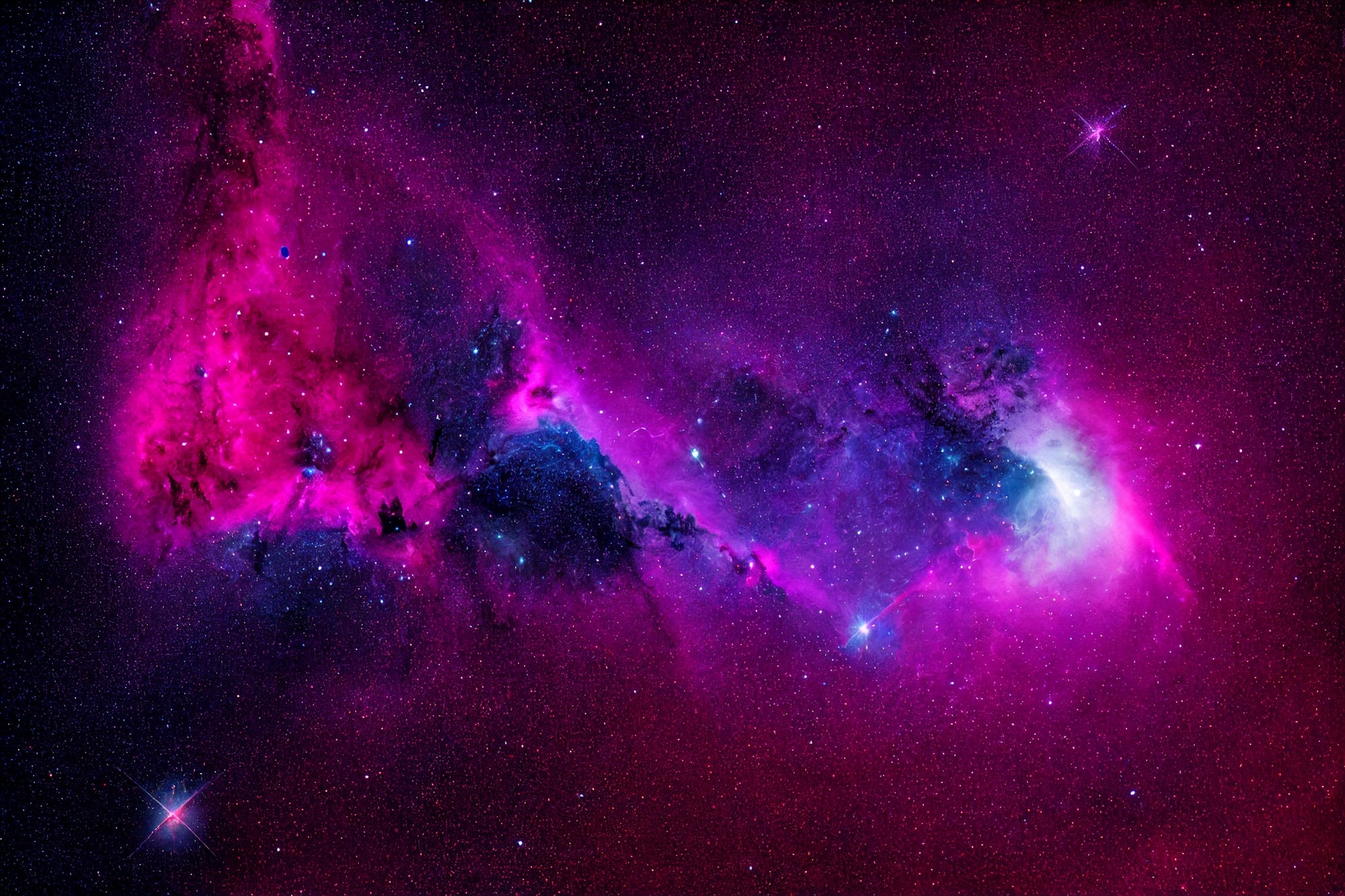How AI is Changing the Star Game
AI: The New Star Detective
Finding aliens just got a whole lot easier, thanks to Artificial Intelligence (AI). Imagine having a super-smart computer buddy that can go through all the space stuff we’ve collected, looking for hints of alien life. That’s what AI is doing for astronomers, and it’s changing everything.

Seti and AI: The Cosmic Duo
The Seti Institute is like the headquarters for alien hunters. They’ve started using AI to help look through all the data from space to find signs of aliens. Think of it as trying to find a super tiny, specific piece of hay in a giant haystack that’s as big as the universe.
Cool Projects in Alien Searching
Very Large Array Gets Smarter with AI
There’s this big setup called the Very Large Array (VLA), where they use giant antennas to listen for alien signals. The Seti Institute and the US National Radio Astronomy Observatory teamed up to make the VLA even better with AI. Now, it can handle a crazy amount of data every second, all thanks to AI.
Breakthrough Listen: Eavesdropping on the Cosmos
Then there’s Breakthrough Listen, which got a lot of money from private companies to look for alien tech around millions of stars and galaxies. AI helps them sort out what might be an alien signal from just space noise. It’s like having the ultimate filter to catch the cool stuff.
AI Doing More Space Stuff
Nasa’s Mars Rover and AI
Not just looking for aliens, AI is also helping Nasa’s Perseverance rover on Mars. The rover is checking out the Martian dirt for anything that could have been alive, using AI to make sense of what it finds. It’s like having a science lab on wheels, with AI doing the heavy lifting.
What’s Next and the Bumps on the Road
Even with AI, finding aliens isn’t easy. We have to make sure the AI isn’t just making stuff up, and that takes extra work. But with AI’s help, we’re getting better at looking for aliens and might just find them one day.
AI is supercharging the alien hunt, making it easier to sift through space data and spot the unusual stuff. From the Seti Institute’s data dives to the tech-savvy Mars rover, AI is the new tool making the search for extraterrestrial life more exciting than ever.

FAQ: AI in the Hunt for Extraterrestrial Intelligence
1. How does AI help in searching for extraterrestrial intelligence?
AI helps by analyzing massive amounts of space data quickly, identifying patterns or signals that might indicate the presence of alien life. It’s like having a super-smart assistant that can sift through years of cosmic information in seconds, pinpointing the interesting bits that humans might take much longer to find.
2. What’s the deal with the Seti Institute using AI?
The Seti Institute has teamed up with AI to turbo-charge their search for alien signals. Given the vastness of space and the tiny chance of finding specific signals from intelligent life, AI significantly improves their odds by efficiently processing and analyzing the data they collect from the cosmos.
3. Can you explain the Very Large Array’s AI upgrade?
Sure! The Very Large Array (VLA), a collection of big antennas that listen for signals from space, got a major boost from AI. This upgrade allows the VLA to process two terabytes of data every second. This massive data-handling capability is crucial for catching fleeting or weak signals that might otherwise be missed.
4. What makes Breakthrough Listen special in the search for aliens?
Breakthrough Listen is unique because it’s one of the most well-funded and ambitious projects aiming to detect signs of technological life across millions of stars and galaxies. With AI, the project can filter out cosmic background noise, focusing on potential techno-signatures, or signs of technology, that might suggest intelligent life.
5. What challenges do scientists face in using AI to find extraterrestrial life?
The main challenge is ensuring the accuracy of AI’s findings. AI can help identify potential signals of interest, but those findings need to be verified through additional observations and analysis. There’s also the challenge of teaching AI to distinguish between natural cosmic phenomena and genuine signs of alien life, which requires continuous refinement of AI algorithms and models.
Sources BBC


